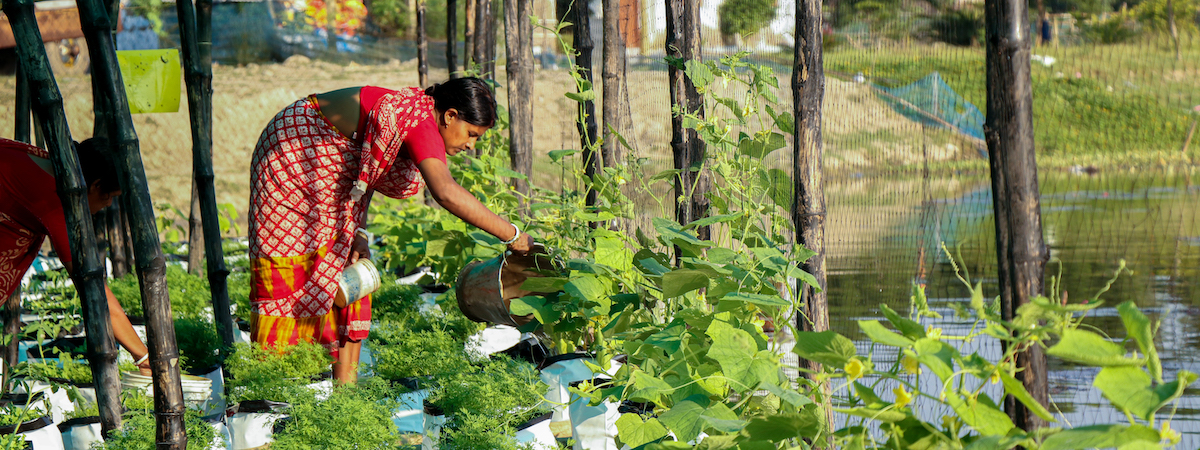
Photo:
The Government of India is working towards developing its National Adaptation Plan (NAP) to address the increasing impacts of climate change, including extreme weather events like heatwaves, cyclones, and heavy rainfall, as well as slow-onset changes in temperature and precipitation. This readiness project aims to strengthen evidence-based adaptation planning and enhance access to adaptation finance by mobilizing private sector investments in climate resilience. India’s NAP aims to strengthen climate resilience by integrating adaptation into national planning and scaling up adaptation finance. The project focuses on understanding climate risks, implementing science- and tradition-based strategies, and ensuring inclusive, evidence-based decision-making with stakeholder participation at all levels.
The project was approved in September 2024.
- National
- National Governments
- India's Ministry of Environment, Forest and Climate Change
India is currently developing it’s National Adaptation Plan (NAP) to provide comprehensive guidance for climate adaptation across sectors. While the National Action Plan on Climate Change (NAPCC) addresses both mitigation and adaptation, there is no dedicated national policy that ensures coordinated, multi-sectoral adaptation efforts. Additionally, there is a need for sector-specific adaptation plans, improved awareness of climate risks, better use of climate data for planning, and clearer guidance on available funding options. These gaps limit effective cross-sectoral adaptation planning at both national and sub-national levels.
Adaptation finance in India is primarily sourced from the national budget, with funding distributed through various government ministries and agencies. In recent years, private sector interest in climate adaptation has grown, with businesses investing in climate-resilient infrastructure and technologies. However, many private investors still view adaptation as a high-risk, low-return investment, which limits financial flows into adaptation projects. Increasing private sector engagement is crucial to scaling up adaptation efforts and ensuring long-term resilience.
To address these challenges, the proposed readiness support will help develop India’s NAP through a country-driven, inclusive, and participatory approach. The plan will consider the needs of vulnerable communities and ecosystems, ensuring gender-sensitive and culturally appropriate solutions. By mainstreaming adaptation into national policies, the NAP will provide a clear framework for integrating climate resilience into development planning across key sectors, including agriculture, water resources, coastal regions, the Himalayan region, health, and disaster management.
The NAP will outline concrete adaptation actions and establish an implementation plan to guide their execution. A financing strategy will also be developed to identify investment opportunities and funding mechanisms for adaptation initiatives. Additionally, the project aims to catalyze private sector investment in adaptation, ensuring that climate resilience efforts receive sustained financial support. By strengthening evidence-based planning and enhancing access to adaptation finance, India’s NAP will help reduce climate vulnerability and support sustainable development.
Outcome 3.1 Adaptation planning, governance and institutional coordination strengthened
Outcome 3.2 Evidence produced to design adaptation solutions for maximum impact
Outcome 3.3 Private sector engagement in adaptation catalyzed
Outcome 3.4 Adaptation finance increased

